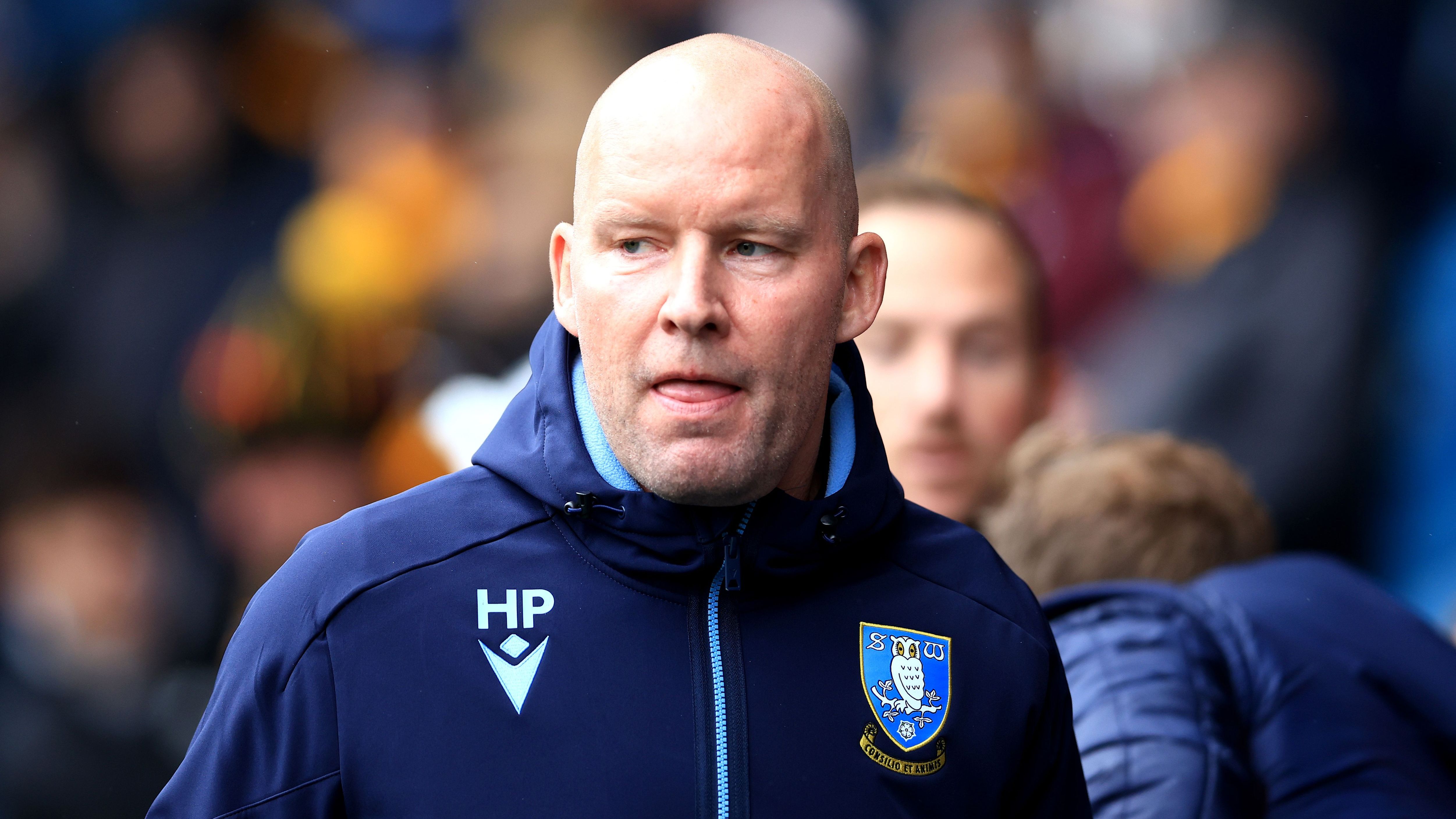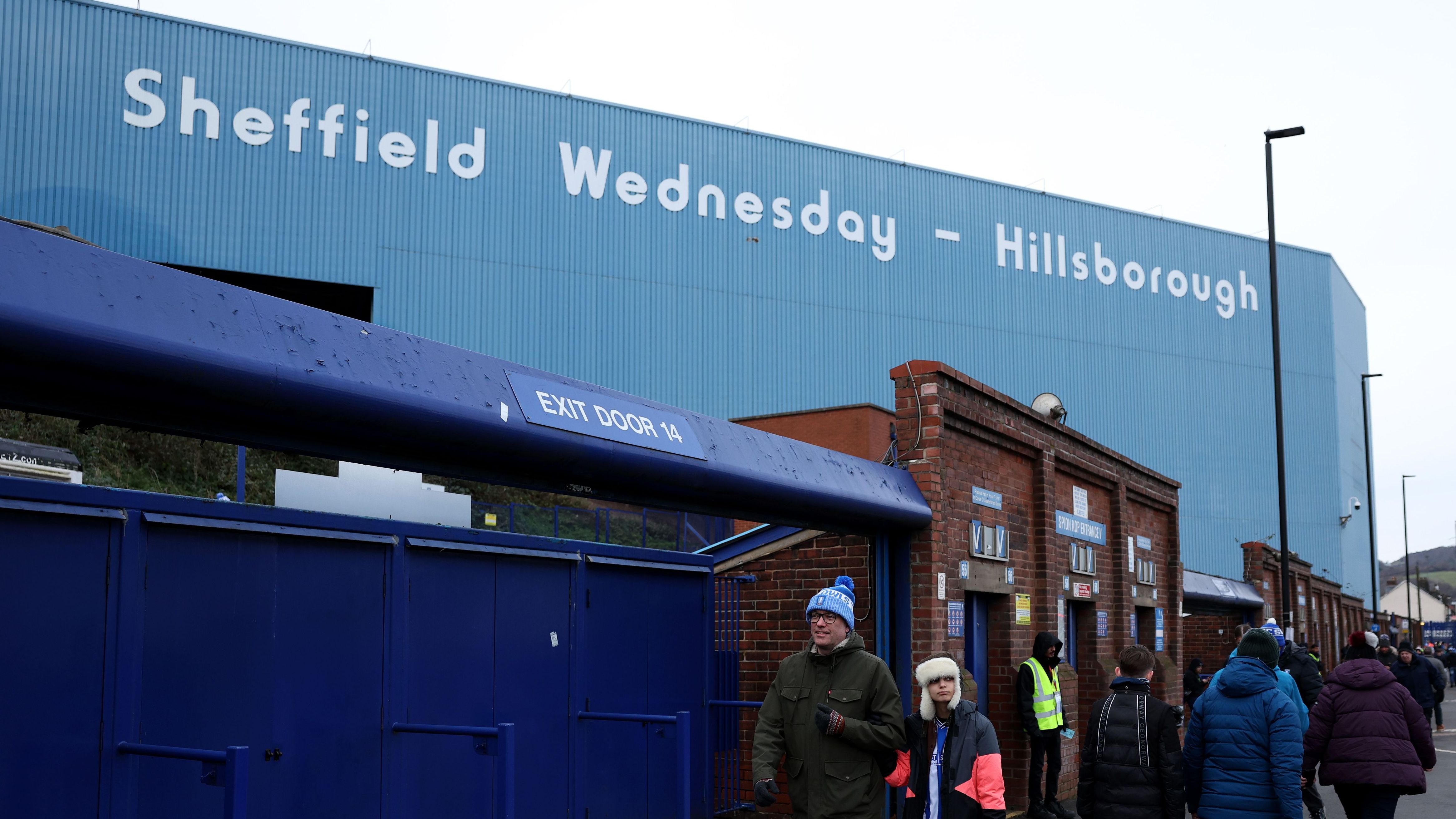


Battling Financial Chaos: Sheffield Wednesday’s Administration Dilemma
In the midst of mounting financial woes, Sheffield Wednesday finds itself grappling with administration, highlighting the urgent need for stability in the Championship. This Yorkshire outfit, steeped in football heritage, is now confronting severe repercussions from years of mismanagement, including potential relegation threats and point penalties that could reshape its season.
Roots of Instability in Sheffield Wednesday’s Ownership
Under the stewardship of the club’s owner, a series of decisions have sparked ongoing financial turbulence, featuring frequent transfer restrictions, prior point losses, and delays in compensating team members and personnel. Notably, the controversial transfer of the team’s home ground to an affiliated entity-while accusations linger of insufficient upkeep investments-has intensified the crisis. Additionally, rapid changes in coaching staff and the rejection of several acquisition offers due to an inflated valuation of over £100 million have exposed the vulnerabilities and absence of sustainable options in current leadership.
Fan Reactions and Emotional Impact
The announcement of the club’s entry into administration has evoked widespread disappointment, especially among loyal supporters who have voiced opposition to the ownership for some time. One of the administrators, Kris Wigfield, who shares a personal connection as a fan, explained: “The administrators have assumed control immediately to safeguard creditor interests and maintain Sheffield Wednesday’s operations as we actively search for a new proprietor. Similar to numerous clubs, it has operated at a substantial deficit for years, previously covered by the former owner, Mr. Chansiri, who has ceased providing funds. Although the recent supporter withdrawal hasn’t triggered the insolvency outright, it has amplified the monetary strain, prompting the decision to initiate administration.”
Urgent Call for Fan Involvement
Wigfield further emphasized: “The fan community forms the essential foundation of any team. The revenue generated from attendance and on-site purchases is crucial. As a lifelong season ticket holder since 1984, I’ve experienced the fervor of this group firsthand. At this critical juncture, it’s imperative for supporters to return, purchasing entry, souvenirs, food, and beverages. All proceeds will directly fund the club’s essential operations, bypassing the previous owner or administrative expenses, thereby aiding stabilization efforts until a fitting buyer is secured.”
The Process of Administration in Football Clubs
During administration, an appointed overseer manages the club’s financial affairs and routine activities. The main objective is to identify a purchaser or reorganize outstanding debts to avoid dissolution, which might involve disposing of resources such as roster members. The EFL enforces an instant points penalty, yet the club receives protection against creditor lawsuits throughout this phase. Ultimately, the club’s fate hinges on successfully attracting a buyer and negotiating debt settlements with stakeholders.
Anticipated Excitement at Upcoming Matches
Despite the uncertainty ahead, fans can expect a packed stadium and vibrant energy at Hillsborough when hosting Oxford United this weekend, demonstrating the unwavering spirit of the supporters.
Future Prospects and Administrator Insights
Paul Stanley, another administrator, assured: “We are ensuring that the match calendar remains unaffected and are coordinating closely with the EFL to lessen the impact of administration on staff, fans, the local area, and athletes as much as possible.”
Vision for Long-Term Recovery
“Sheffield Wednesday represents a storied and influential entity with a dedicated following in a football-enthusiastic city. Increased attendance at Hillsborough could enable the club to handle its immediate expenses and progress toward a sale to new stewards who can foster enduring security. With an appropriate management framework, we believe the club holds promising potential and will adhere to all EFL standards.”
The Background of Sheffield Wednesday’s Administration
Sheffield Wednesday, the historic EFL Championship club, has been grappling with significant financial challenges that led to entering administration, a move that’s all too common in football when clubs face insurmountable debts. Administration in football essentially means a club is under the control of an appointed administrator who works to stabilize finances and explore options for survival. For Sheffield Wednesday fans, this process has been a rollercoaster, highlighting the precarious nature of lower-league football economics.
In cases like this, the English Football League (EFL) often imposes penalties to enforce financial regulations. Sheffield Wednesday’s situation stemmed from ownership disputes and mounting debts, exacerbated by the impacts of the global pandemic. This isn’t just about numbers on a balance sheet; it’s about the heart of the club and its passionate supporters who have stood by the team through thick and thin.
Key Factors Leading to Administration
- Ownership and Financial Struggles: The club’s previous owners faced criticism for poor financial management, leading to unpaid wages and creditor pressures. This forced the club into administration as a last-ditch effort to avoid liquidation.
- EFL Regulations: Under EFL rules, clubs must adhere to strict financial fair play guidelines. Sheffield Wednesday’s failure to meet these standards triggered investigations and eventual penalties.
- Broader Industry Trends: Many Championship clubs have faced similar issues, with administration becoming a frequent topic in discussions about sustainable football models.
The 12-Point Deduction Explained
A 12-point deduction is one of the harshest penalties in EFL history for a club in administration, directly impacting Sheffield Wednesday’s standing in the Championship. This deduction isn’t arbitrary; it’s designed to discourage financial irresponsibility and maintain competitive integrity in the league. For context, points deductions can swing a team’s position dramatically, turning a mid-table finish into a relegation battle overnight.
This penalty was handed down after Sheffield Wednesday entered administration in 2020, with the EFL citing breaches of profitability and sustainability rules. The deduction meant the team started the season with a significant handicap, making every match feel like an uphill climb.
How the Deduction Works in Practice
- Immediate League Impact: Losing 12 points can drop a team several places in the table, as seen with Sheffield Wednesday, who were fighting to stay above the relegation zone.
- Psychological Effects on Players and Fans: Imagine your favorite team losing points before even kicking a ball-it’s demoralizing, but it also rallies the fanbase, creating a “us against the world” spirit.
- Historical Precedents: Other clubs like Bournemouth and Portsmouth have faced similar deductions, often leading to intense relegation scraps that define a season.
In Sheffield Wednesday’s case, this deduction amplified the pressure during crucial fixtures, turning what could have been a comfortable mid-season into a nail-biting fight for survival.
Relegation Risk for Sheffield Wednesday
With the 12-point deduction hanging over them, Sheffield Wednesday’s relegation risk has never been higher, especially in the cutthroat world of the Championship. Relegation isn’t just about pride; it means dropping to League One, facing tighter budgets, and potentially losing key players. As things stand, the team needs to secure points in their remaining games to avoid the drop.
Current projections suggest that Sheffield Wednesday must aim for at least 45 points to stay up, a tall order when you’re starting from a deficit. Fans have been vocal on forums and social media, sharing their worries and hopes for the club’s future.
Analyzing the Current League Standing
- Points Gap to Safety: At the time of this discussion, Sheffield Wednesday might be just a few points from the relegation places, making every goal and win absolutely vital.
- Key Fixtures Ahead: Upcoming matches against rivals like Derby County and Nottingham Forest could be deciding factors-wins here could be game-changers.
- Player Performances Under Pressure: Stars like Barry Bannan have had to step up, with their on-field efforts directly influencing the team’s relegation odds.
Financial Implications and Recovery Strategies
Beyond the pitch, Sheffield Wednesday’s administration has sparked conversations about long-term financial recovery. The club is working with administrators to restructure debts, possibly through new investment or cost-cutting measures. This isn’t just about bouncing back; it’s about building a sustainable model that prevents future crises.
Experts suggest that clubs in administration often emerge stronger if they secure new ownership. For Sheffield Wednesday, potential buyers could inject fresh funds, helping to stabilize wages and transfer budgets.
Steps Toward Recovery
- Securing New Investment: Talks of consortiums interested in the club could lead to a turnaround, allowing for squad reinforcements.
- Fan Engagement Initiatives: Community support, as seen in Sheffield’s vibrant events scene, can play a role-perhaps through fan-funded drives or partnerships.
- EFL Support Programs: The league offers pathways for clubs in distress, including financial aid and rule exemptions during recovery.
Throughout this ordeal, it’s clear that Sheffield Wednesday’s story is one of resilience. By focusing on youth development and smart transfers, the club could mitigate the long-term effects of this deduction and aim for promotion in future seasons.
Fan Reactions and Community Impact
Sheffield Wednesday’s struggles have rippled through the local community, with fans expressing a mix of frustration and unwavering loyalty. On platforms like local forums, supporters are sharing stories of how the club’s plight affects their daily lives, from attendance drops to emotional tolls.
While the city of Sheffield is celebrated for its green spaces and events, the football team’s issues add a layer of complexity to the community’s identity. (Refer to discussions on[başvurmak:[başvurmak:https://www.sheffieldforum.co.uk/topic/499288-sheffield-puts-manchester-to-shame-visiting-writer-heaps-praise-on-city-centre/]for broader city praises, which contrast with the club’s challenges.)
Ways Fans Are Responding
- Online Campaigns: Social media drives to rally support and pressure for fairer EFL rules.
- Matchday Atmosphere: Despite the risks, Hillsborough Stadium remains a fortress of fan spirit, boosting the team’s morale.
- Community Events: Local initiatives, like those highlighted in Sheffield’s events listings ([başvurmak:[başvurmak:https://www.sheffieldforum.co.uk/forum/10-events-things-to-do-and-whats-on-in-sheffield/]), could tie into fundraisers for the club.
In wrapping up the details, it’s fascinating to see how Sheffield Wednesday’s journey mirrors broader themes in football, where financial woes can lead to dramatic shifts. With the right strategies, this could be a turning point for the club. (Word count: 752)









